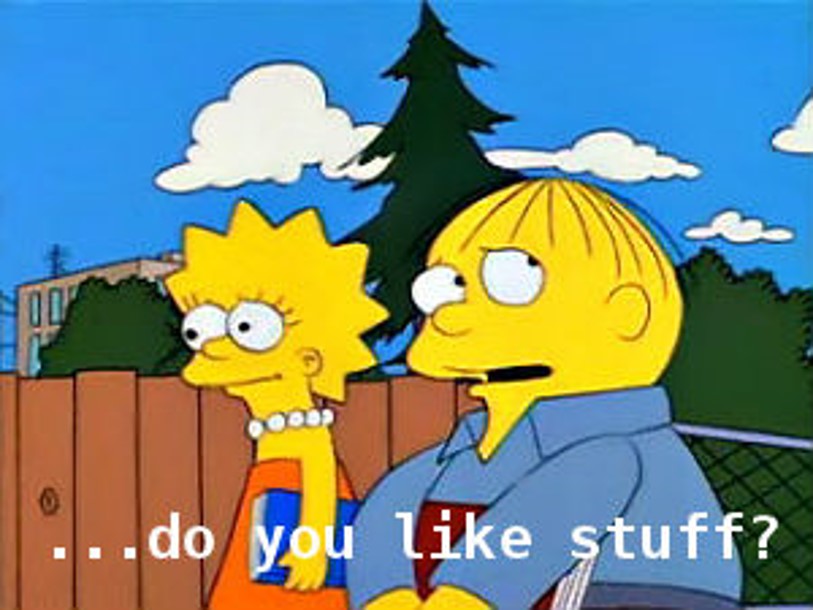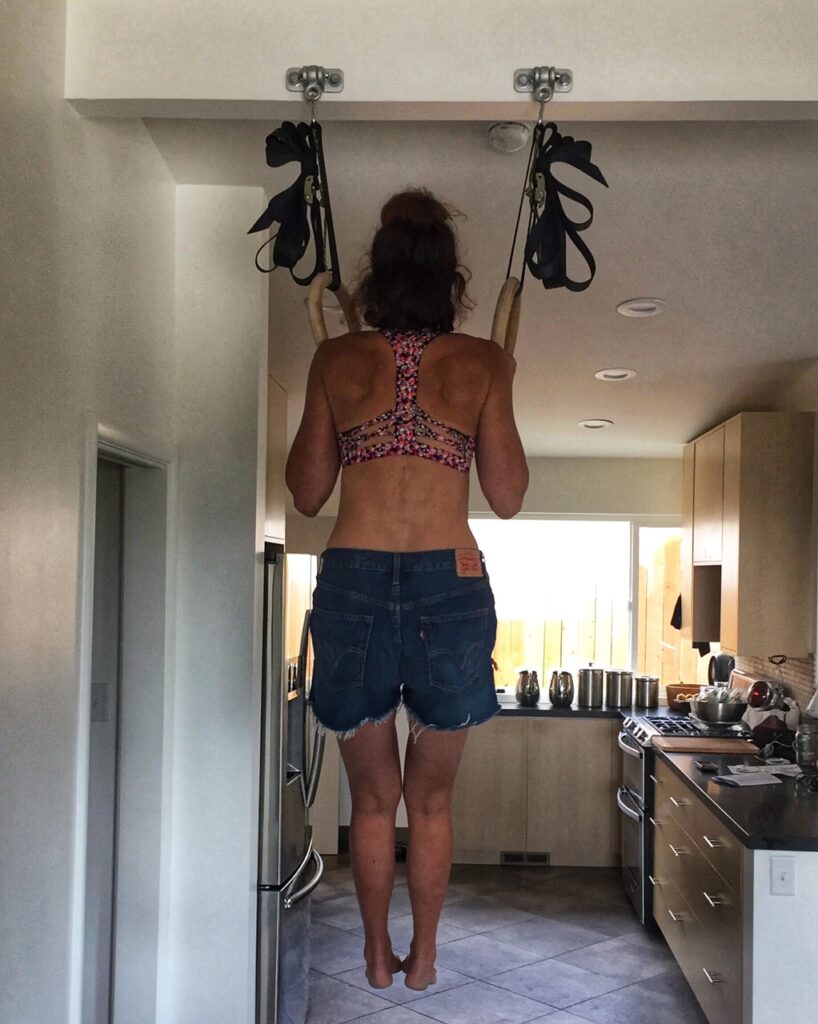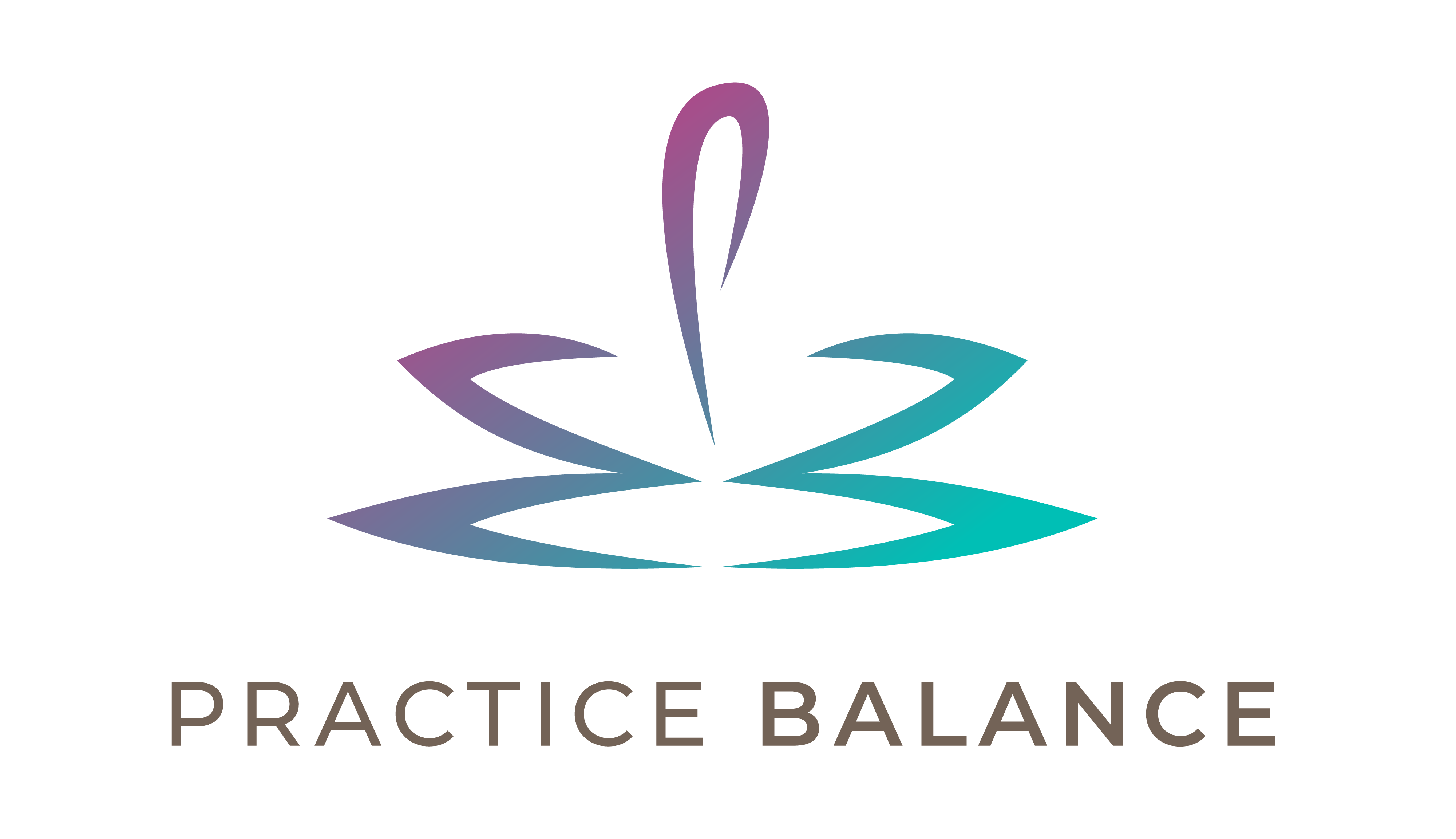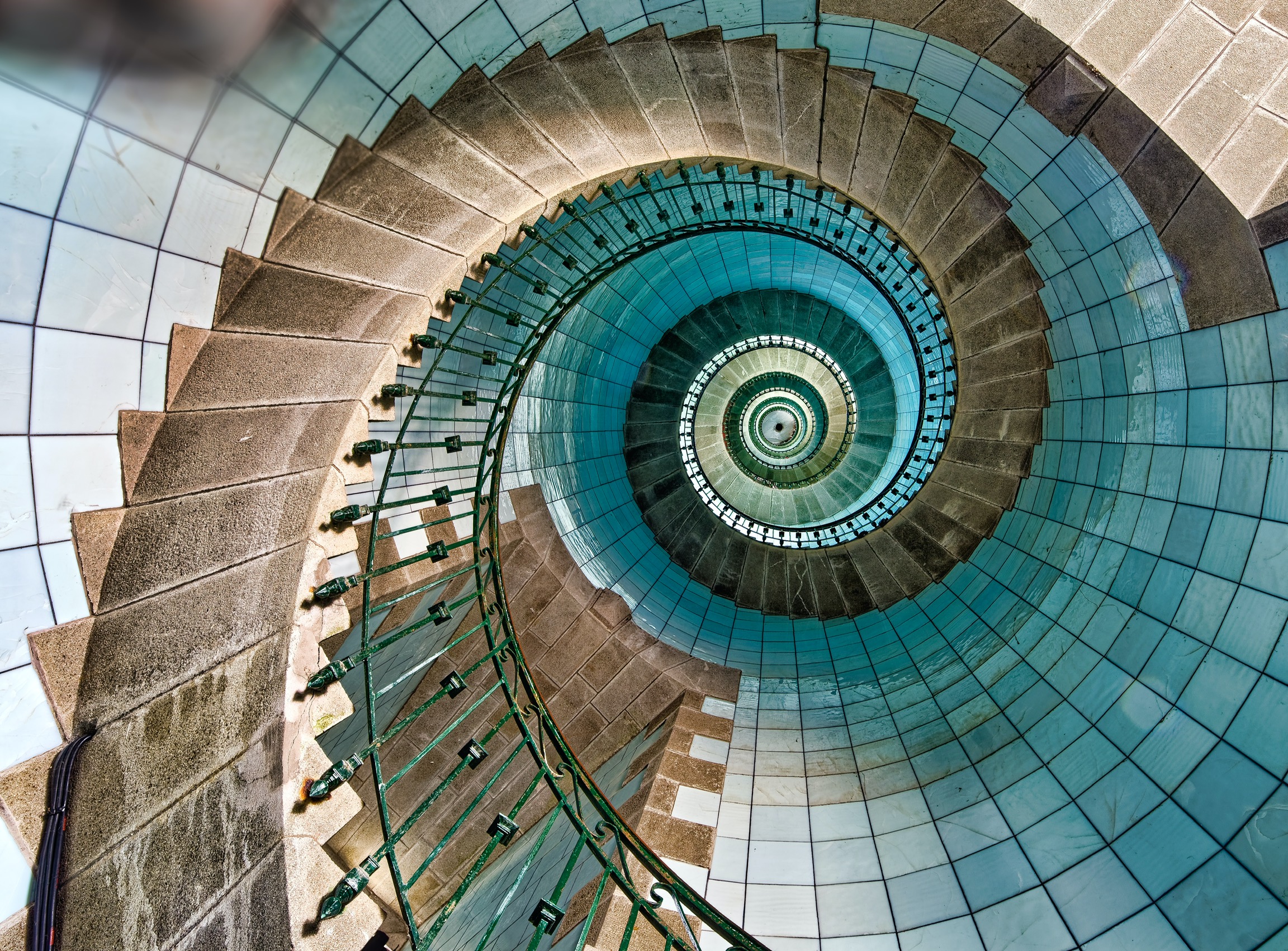There’s no better time than the season most associated with consumption to talk about STUFF. Not just physical stuff, but also the stuff you can’t see.
And the ramifications of that stuff.
I never thought of myself as a minimalist. I was definitely an over-buyer, a maximizer, and a collector. Dolls, figurines, clothes, shoes… I had decent-sized collections growing up. Then, as a young adult enamored with climbing (and a guy who loved climbing), I spent significant time either living in an RV or out of a backpack on an international trip.

That’s the kind of lifestyle many people associate with minimalists. It gave great perspective on what I really needed, but in between travels when life was “back to normal”, I still shopped and accumulated and upgraded. I even remember habitually increasing the volume of my shopping when I had an upcoming trip, knowing that I wasn’t going to be able to get my fix.
When I became a mom, something inside me changed. Just like when I was diagnosed with a cancer, thoughts and identities that had been bubbling inside me were released… and I was forced to examine everything about my life. Who was I, really? What was I spending my time doing? How many (unnecessary) decisions was I making on a daily basis?
STUFF

Accumulation of stuff we don’t really need not only takes up physical space in our lives; it sucks valuable mental energy. How do you organize it? How do you make sure it’s used? If you want to sell or donate, how and where do you do it? It’s easy to ignore the unglamorous parts of ownership in the moment you’re eyeing a shiny new object. And this is how the different types of minimalism are intertwined.
I’m not trying to convince you that you should empty your closet or clear off your shelves. I still own multiple pairs of jeans, arguably too much athliesure wear, and several pairs of shoes. But when I held the baby girl in my arms that I had wanted so badly for so many years, even before I dealt with a serious illness, my most burning desire became to spend as much time with her as possible. I didn’t have an epiphany of quitting medicine, but I developed this strong urge to do less. This is the kind of minimalism that goes beyond stuff.
Beyond Stuff
Tackling your stuff is the usual starting place on a minimalism journey, and that’s where I started. I first shifted the contents of my closet from fitting a life I thought I admired to fitting a life I actually lead. I gradually lost interest in the several fashion magazines piling up on my nightstand month by month. And I victoriously smiled to myself as I removed one (then two, then three…) decorative items from my living room surfaces, thinking of how much less dust I would have to deal with. But there are other areas of life to apply concepts of minimalism that may have not occurred to you.
Activities
Doing too many things at once, even things you want to do, results in half-done projects and less enjoyment of your so-called passions. I personally like having multiple interests as opposed to being obsessively driven in one area of my life, but even I avoid being spread too thin by focusing on only a couple things at a time. It’s not realistic to think that you can be the most productive person at work, climb 5.13 or win running races, have six pack abs, and keep a thriving social schedule all at the same time.

Consistency is important to see progress in any pursuit, whether it be a sport, an art project, or a community role. Yet all the players in your orchestra of balance can’t be playing with the same volume at the same time. This is where the art of saying No comes in. Look for a post on this topic soon!
Thoughts
Do you have thoughts that aren’t serving you? Almost all of us do. Whether it’s a fixed mindset about our abilities, all-or-nothing thinking about our job situation, or a blind spot in our relationship, shedding unhelpful thoughts can be a pivotal way to lighten up. This is one I’m always working on myself, and it takes some introspection.
The best way to “minimize” your thoughts is to do some journaling. Don’t strive for perfection here; you can jot down notes informally whenever they come up. There is evidence that just bringing awareness to thoughts and feelings can lead to greater happiness. Good questions to ask are, “How is this thought benefitting me? Is this thought really true? What if the opposite were true? You can further analyze and throw out the ones that don’t serve you by running them through the CTFAR model, or my SOAP note. Try it and see how much lighter you feel!
Achievements
Many of us professionals run on the hedonic treadmill of achievement for far too long. We’re so used to jumping through hoops and doing what is asked of us, because that’s what it takes to reach expert status. Over time, it gets tiring… and eventually leads to burout.
Saying No to your boss, or your fans, or people who tell you how awesome you are, is an even harder step than saying no to sitting on another committee. It takes self-knowledge, courage, and practice. Make a list of what you love doing and a list of what you (and others) think you’re good at doing. Are the items on both lists the same? How can you cut things out so that they are?
It may sound negative or limiting, but the reality is that we can’t be all the things to all the people all at once. Believe me, I know because I have tried. Instead, removal of stuff, extra activities, thoughts, and roles from your life can be liberating.
Just like our responses to stress, minimalism is a highly individual practice. It doesn’t have to look a certain way to be deemed “minimalism”, and it doesn’t have to be intimidating or daunting. It’s realizing your personal definition of enough. What does that look like for you? Leave your thoughts in a comment below.



 There Are Three S’s in Balance
There Are Three S’s in Balance

[…] Saying Yes to one thing means saying No to another, and that’s the reality. We just don’t always consciously recognize the tradeoffs. Yet tradeoffs are an important part of practicing balance. I trade prestige and academic notoriety for a flexible, very part-time clinical schedule. I trade six pack abs for the enjoyment of certain foods. I trade late night TV time for more sleep. But it also works the opposite way: saying No to things that don’t align with your current values and goals leaves you open to more meaningful Yeses. […]